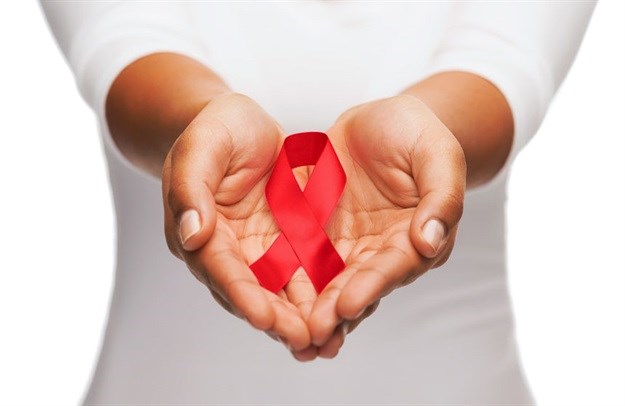The World Health Organisation (WHO) has made available a key recommendation that states, "ART should be initiated in everyone living with HIV at any CD4 cell count." The guideline is being made available on an early-release basis because of the potential to reduce significantly the number of people acquiring HIV infection and dying from HIV-related causes, which will significantly affect global public health.
In 2013, WHO published the first consolidated guidelines recommended antiretroviral therapy (ART) for HIV treatment and prevention across all age groups and populations. A comprehensive revision of these guidelines, based on new scientific evidence and lessons from implementation, has been undertaken in 2015. The recommendation is based on evidence from clinical trials and observational studies released since 2013 showing that earlier use of ART results in better clinical outcomes for people living with HIV compared to delayed treatment.
By publishing these recommendations as soon as possible, WHO aims to help countries to anticipate their implications in a timely fashion and begin the dialogue necessary to ensure that national standards of HIV prevention and treatment are keeping pace with important scientific developments.
"This is an exciting opportunity for the African continent and what we advocate in our Test and Treat campaign. These new guidelines call for a revived effort to dedicate more funding and resources towards HIV services at all levels, without which these guidelines will become difficult to implement," says Dr Penninah Iutung Amor, AIDS Healthcare Foundation (AHF) Bureau Chief for Africa.
Many countries in Africa generally follow the WHO guidelines, which currently recommend that ARTs be initiated when the CD4 count falls below 500 cells per mm³ and that pregnant HIV positive women and some specific patient groups, such as TB/HIV co-infected patients, should start lifelong treatment. A CD4 count is a lab test that measures the number of CD4 T lymphocytes (CD4 cells) in a sample of the blood. In people with HIV, it is the most important laboratory indicator of how well their immune system is working and the strongest predictor of HIV progression. CD4 cells or T-Cells are white blood cells that play a significant role in protecting the body from infection. These cells send signals to activate the body's immune response when they detect 'intruders, such as viruses or bacteria.
"Our campaign of getting 20 million people on treatment by 2020 is well aligned with the latest recommendation. We encourage African governments to adopt and support the implementation of these recommendations promptly so that the reduction in HIV infections can begin sooner rather than later.
"AHF works in collaboration with governments in 11 countries in Africa to support over 225 000 patients receiving treatment and care. We are therefore well positioned to support these recommendations," concludes Dr Amor.
After 13 years of focused treatment in Africa, the AHF network of clinics offers comprehensive HIV prevention, treatment, care and auxiliary services.














































